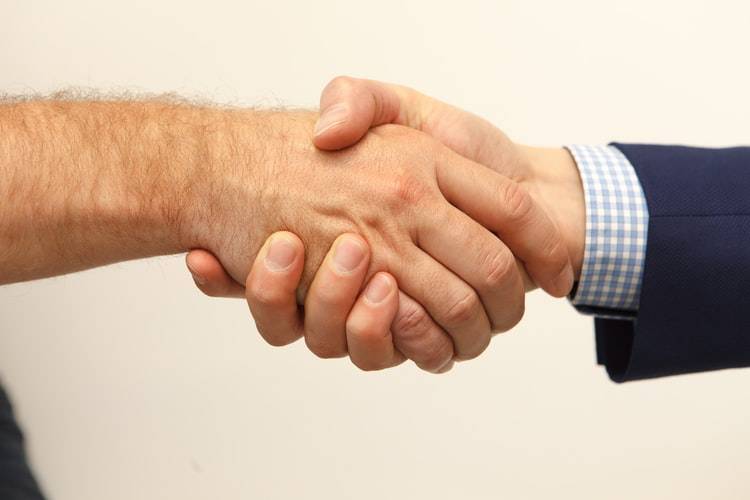In a remarkable incident that sparked significant uproar, two Iraqi officials submitted their resignations from their positions in the Dhi Qar province, in protest against Governor Ahmed Al-Khafaji's handshake with former Prime Minister Adel Abdul Mahdi. This protest was in response to the deaths and injuries of thousands of demonstrators during Abdul Mahdi's tenure from 2018 to 2020.
During the mourning ceremony for Shia authority Muhammad Sadiq Al-Hakim in Najaf, who passed away last week, Governor Ahmed Al-Khafaji shook hands with former Prime Minister Abdul Mahdi. This act was met with strong disapproval from activists in the city, which has the highest number of protest casualties after the capital, Baghdad.
Following the handshake, Al-Khafaji’s advisor for victims and injured individuals, Ali Mahdi, announced his resignation in protest, stating: “The pure blood that Adel Abdul Mahdi shed is nobler than any title, and we will not compromise on blood.”
Additionally, the governor's aide, Abbas Al-Khazai, also resigned in protest over the handshake, which put the governor in a difficult position. Al-Khazai stated: "I swear by the blood of my brothers who were killed by the evildoers that I did not participate in that government out of greed for wealth or power, but to serve the people of my great city." He added: “To prove to everyone that the youth of Dhi Qar, especially those from October, did not rise in vain and that their revolution is complete, I submit my resignation from my position and hope for its acceptance.”
Social media users had mixed reactions to the officials' decision. While some praised their actions, others urged for caution in resigning, arguing that the meeting was "transient," and that Abdul Mahdi "is still actively involved in politics, meeting with many politicians frequently."
During the October protests of 2019, around 600 demonstrators were killed, and 30,000 were injured, with hundreds arrested amid multiple acts of violence. Activists and protesters have often pointed fingers at armed groups and militias loyal to Iran, as well as some elements within the security forces.
In October of last year, public unrest in Iraq contributed to the ousting of Abdul Mahdi's government, which protesters accused of "corruption and foreign dependency." When current Prime Minister Mustafa Al-Kadhimi took office last year, he formed a high-level committee to investigate the victims of the protests and to uncover the truth regarding the events, announcing the identities of those involved in the violence against demonstrators. This committee is still active, amid ongoing calls to expedite its work before the current government's term ends next October.
Iraqi activist Mohammed Mahmoud believes that the resignations from the advisor and assistant governor are intended to send a message about the insignificance of positions and the necessity to disregard them. He observed that this serves as pressure on the relevant authorities to expedite the prosecution of those responsible for the demonstrators' deaths and to apprehend those involved in this sensitive matter, particularly since Dhi Qar holds one of the highest victim counts after Baghdad.
Despite the ousting of Abdul Mahdi's government, protests continue to arise, aimed at pressuring the current government to fulfill its promises, including other demands regarding the improvement of salaries for certain employee groups and more.




